It was “Abu Ali”, the 1978 folk-disco cult classic which nearly bankrupted Ziad Rahbani and co-founder Khatchik Mardirian’s legendary Zida label, that Matt R. –one of the founders of vinyl collective Wewantsounds– was most ecstatically proud to have been able to secure the original recordings of.
The highly sought-after album was nearly impossible to find for decades—unless you were lucky enough to get a hold of one of the mere 500 pressed originals, which at one point fetched $2000 in mint condition.
Reminiscent of a neo-noir 70s cop drama soundtrack yet infused with a heart brimming with quintessentially Arabic tones, “Abu Ali” was recorded in a studio in Athens with a full orchestra when Rahbani was only 22 years old. Released in Lebanon in 1978 —as the civil war had been raging for three years, and would continue to do so for twelve more-–as a 12-inch vinyl, the track mesmerized dance floors around the world largely due to experimental DJs who had never before encountered anything like this ingenious Arabic arrangement of loose strings and wind instruments merged with an atmospheric disco groove and cosmic synthesizer lines.
When Wewantsounds reissued the album on vinyl 41 years later —a deep yellow record, including the original artwork-– on Record Store Day in 2019, it was met with a collective sigh of joyful nostalgia. A profoundly meaningful moment in music a young Matt and co-founder Mario could’ve never imagined to one day be responsible for.
Rolling Stone MENA spoke with WeWant Sounds prior to the passing of Ziad Rahbani.
“Mario and I bonded over music as young teens growing up in Paris, we met in 1986,” recalls Matt R. of his friendship with Mario Choueiry from his home in London.
Matt, who prefers to keep a low profile, spoke of his and Choueiry’s shared obsession for what would’ve been rather obscure music — from jazz to Brazilian bossanova, from Charles Mingus to Japanese funk — to their classmates, somewhat serendipitously led to their wildest dreams coming true.
“We dedicated all our time to music, we really bonded over this. And somehow we both ended up working in the music industry!” Matt laughs, somewhat incredulously yet also noting that it’s hard to envision any other path destined for either of them.
Choueiry spent years working for EMI Arabia and now focuses on cultural diplomacy at the Institut du Monde Arabe in Paris.
Decades later, despite their busy schedules, Matt and Mario still lovingly dedicate time to collaborate on their passion project Wewantwounds, a Paris-based collective specializing in reissuing hard-to-find vinyl albums and releasing curated compilations from all over the world, including Japan and the Middle East and North Africa.
Matt characterizes Wewantwsounds as a “tribe” of music aficionados. They often get requests from DJs and music collectors about potential reissues as the label’s releases are particularly appealing to audiophiles who appreciate vinyl for its sound quality and collectibility.
This collaborative spirit transcends business — it’s a shared passion for discovering, preserving, and introducing artists to a broader audience.

Browsing through the record sleeves on the label’s website feels like walking through an art museum and a trip down memory lane. The eclectic collection includes everything from nostalgic Arabic gems like Warda to jazz/funk classics like saxophonist BuddyTerry and even the original soundtrack to the 1973 masterpiece Serpico starring a hauntingly vulnerable Al Pacino.
When, over the years, Choueiry started introducing Matt to music from his homeland, Lebanon, and Arabic music in general, one Lebanese artist particularly stood out for him—Ziad Rahbani.
“I still remember the day Mario played me Ziad Rahbani for the first time,” Matt shares. “I knew his mother of course [Fairuz]. because she was famous all over the world. But I had somehow never heard of Ziad. It must’ve been the early 2000s when Mario played me this cool bossanova track but different. I had never in my life heard anything like it. The song was called ‘Shou Aada Ma Bada’.”
“Shou Aada Ma Bada” is a song from Rahbani’s 1985 album Ana Mush Kafer, which was released ten years into Lebanon’s devastating civil war in 1985 and which will also soon be reissued by Wewantsounds.
Thematically, Ana Mush Kafer is a dark comedy that mercilessly mocks Lebanon’s capitalist system and its everyday hypocrisies in everyday Lebanese dialect — one of Rahbani’s trademarks was his elaborate and creative cursing, a common way through which many Lebanese intend to slightly cope with the myriad day-to-day political, economical and social frustrations.
The album also includes the prophetic song “al-Muqawama al-Wataniyya al-Lubnaniyya” (the Lebanese National Resistance), which Fairouz sang at the Beiteddine festival in 2000 to celebrate the liberation of the South by the Resistance.
Unequivocally the country’s most rousing renaissance man, Rahbani was a renowned playwright and a political activist. A lifelong staunch supporter of Palestinian and Lebanese liberation from Zionist occupation,—Rahbani was one of the most important exponents of the Lebanese left-wing counterculture to emerge from the 70s.
Though Rahbani continues to be a national treasure in his homeland, the question remains why Wewantsounds chose to re-release music in today’s world.
Mario, speaking from his home in Paris, falls contemplatively silent for a bit, then launches into what can only be described as a soulful soliloquy on who he believes to be one of the greatest musical geniuses to have ever graced global music history.
“Ziad Rahbani is the modernist of Lebanese music — it’s not easy when you are the son of one of the most famous composers in the country—Assi Rahbani—to become as important or even surpass his influence. Why Ziad? Because he is the first guy to introduce us to bossanova, to jazz. Ziad made the first rap in Lebanon! He made a rap on Mozart.”
Choueiry fondly recalls a visit to Rahbani’s home in Hamra, Lebanon, which, he says, was buried in books —by Friedrich Engels, Karl Marx—- and, of course, an astonishing collection of albums, which seemed to “end somewhere circa 1979, with a Dee Dee Bridgewater LP.”
“Paradoxically,” Mario says, “the most inventive musical genius of Lebanon at the time, is also a nostalgic one.”
Of course, Choueiry and Matt honor this spirit, this ode to what they consider to be the golden days of music, by reissuing vinyls of both obscure and iconic artists who defined their era.
The soundtrack of days gone by are fondly remembered, particularly in times of upheaval when music becomes even more of a source of comfort.
But, Mario says, the main reason he believes every generation should be reacquainted with Rahbani is because he embodies what he believes many artists of today are sorely lacking:
“Ziad created vocation music that inspired and still inspires generations of musicians to come, because his music spoke to deeper emotional and cultural truths. His legacy will always remain relevant because it captured something timeless about the human experience,” Mario says.
“But most of all, the world was always shown to us in black and white, but Ziad — and artists like him — made us see it in color.”
Rahbani is just one of the many quintessential Arab artists given a new life through Wewantsounds. Earlier in June, the collective re-issued “Algerian rose” Warda’s 1975 cult classic “We Malo” – memorably sampled by Jay-Z and J Dilla – for the first time on vinyl.

Fairuz’s 1987 classic “Chat Iskandaria” will be released on September 12th.
Other Arab icons, like Egyptian singer Nagat El Saghira and Egyptian funk legend Handy Shenouda, have also garnered a fresh audience thanks in large part to the infatigable efforts by Wewantsounds to have them reissued on vinyl. “Sweet Rebels: The Golden Era of Algerian pop-raï” collects “the ecstatic electro sounds” of raï cassettes released between 1986-1991.
“The airplay of even the most treasured singers of the olden days like Edith Piaf in France is about one percent. But our divas —Oum Kalthoum, Warda, Fairuz — easily dominate 30-50 percent of the radio. We will be listening to them into eternity and beyond. They will never leave our side,” Choueiry says.
As the old saying goes — one listens to Fairuz in the morning and Oum Kalthoum at night. Something that is still common when turning on the radio in the car or at home. Or late at night, at dingy bars and even clubs when the melancholy sets it.
Matt and Mario agree that they choose which albums to reissue based on musical quality, legendary status, historical importance and that the music would still speak to people today.
When asked which Arab artists embody that very ethos today, Choueiry—without even a hint of hesitation—quickly answers from his gut.
“Yasmine Hamdan and Mashrou’ Leila,” he shares.
Matt, on the other hand, points to Palestinian rap group DAM as one that has made an indelible mark on music that, in his eyes, will stand the test of time.The decision for Wewantsounds to reissue music on vinyl rather than some other medium like cassettes or CDs is a deliberate one.
Matt describes vinyl’s sound as “warmer” compared to CDs, which he characterizes as clinical and sterile.
“Not only are the sounds warmer and more organic, it has more depth and richness. But there’s also the emotional and cultural aspect,” he says. “It allows listeners to spend hours examining album sleeves, reading liner notes and credits, which creates a more immersive and nostalgic listening experience. It connects us to memories we long to relive, on the days that we need them the most.”
Matt grew up with vinyl and sees the format as more than just a way to play music — it’s an entire ecosystem and experience. The vinyl revival, for him, is about recreating that deeper, more intentional relationship with music that digital formats often lack.
Choueiry finds himself similarly oscillating between past and present, spending his time sharing and promoting the vastness and richness of Arab music, visual arts, and culture in all its facets.
But the past will always lure him back. He is now busy preparing the Divas of the Arab World exhibit which, after stints in Paris, Amman, and Amsterdam, will be presented at the Sursock Museum in Beirut for the first time on October 17. This nostalgic passage through the Arab World’s golden age of siren songstresses, showcases the timeless talent of Arab icons like Sabah and the aforementioned Warda and Fairuz, the latter two’s classic albums luckily available in their lovingly crackling vinyl glory through the Wewantsounds catalogue.
And on days where the cruelty of our current world – epitomized by the ongoing genocide in Palestine – proves to be too overwhelming, Rahbani’s acerbic wit and unwavering political commitment remind us that artists who stand up for what is right, boldly defy the ruling class, and dare to imagine a better world, will never cease to inspire generations to come.






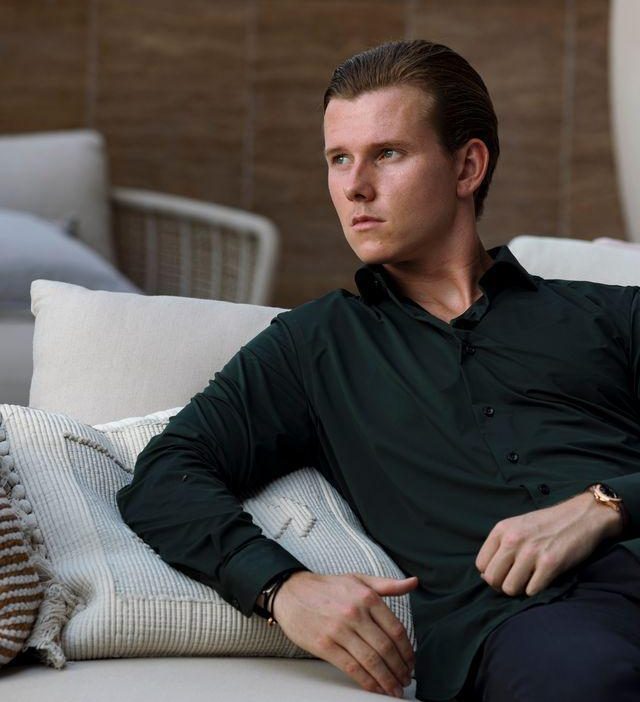

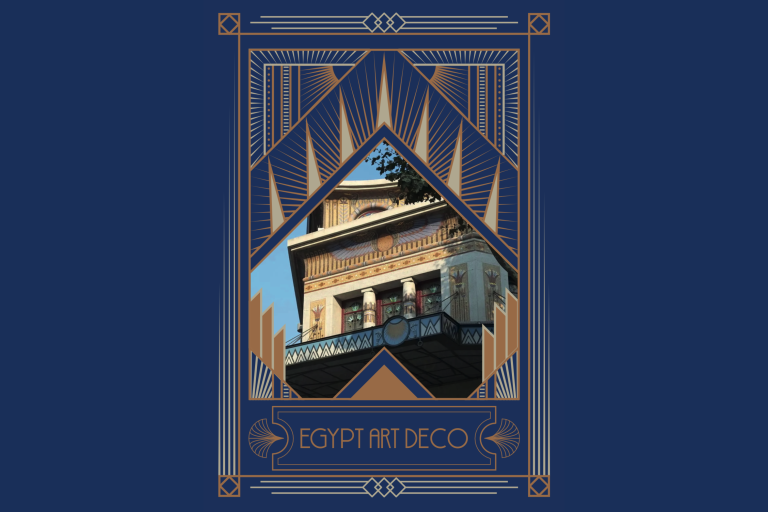
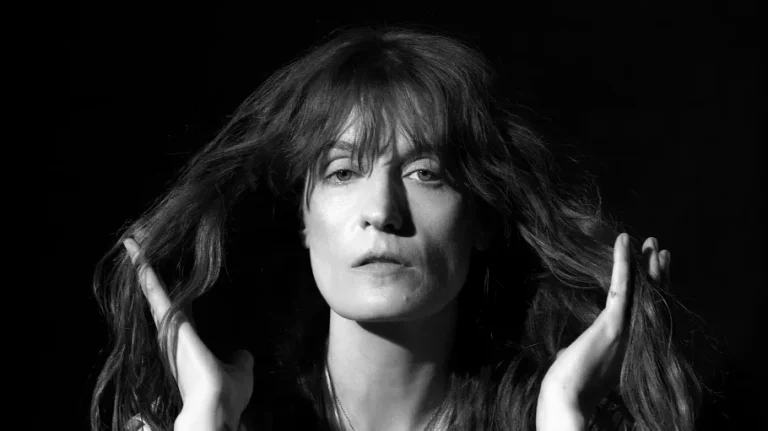
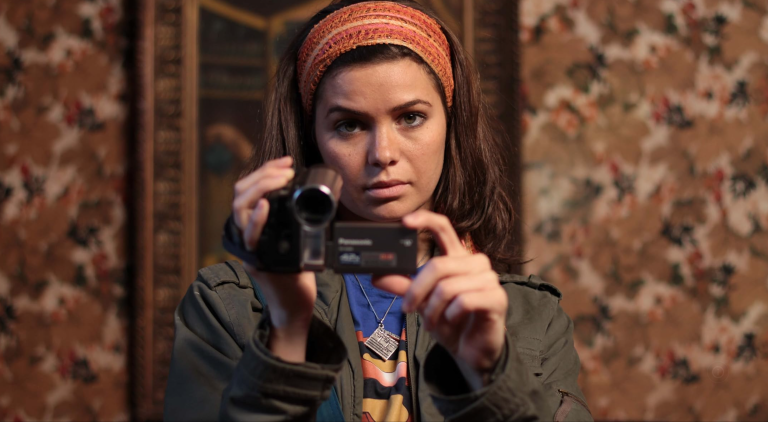
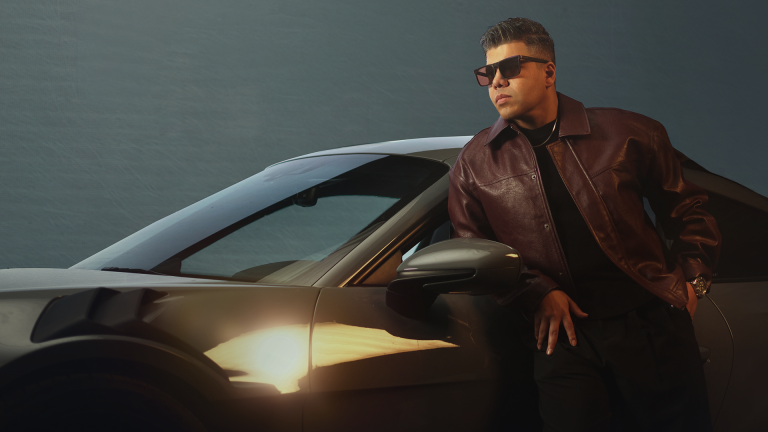
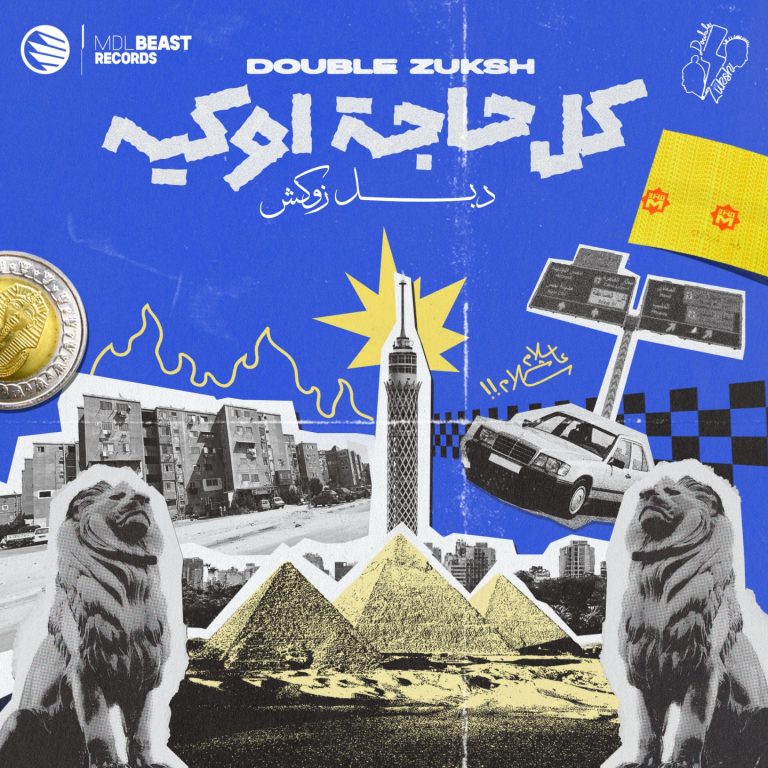

Trump’s Gaza Plan Mustn’t Follow His Record on Women’s Rights
Trump’s 20-points Gaza peace plan shouldn’t repeat his domestic failures on women’s health, education, and rights.